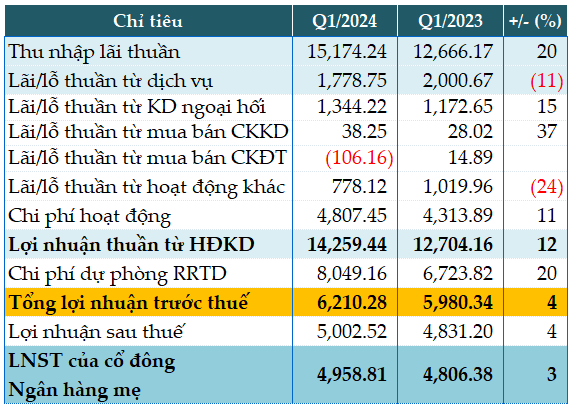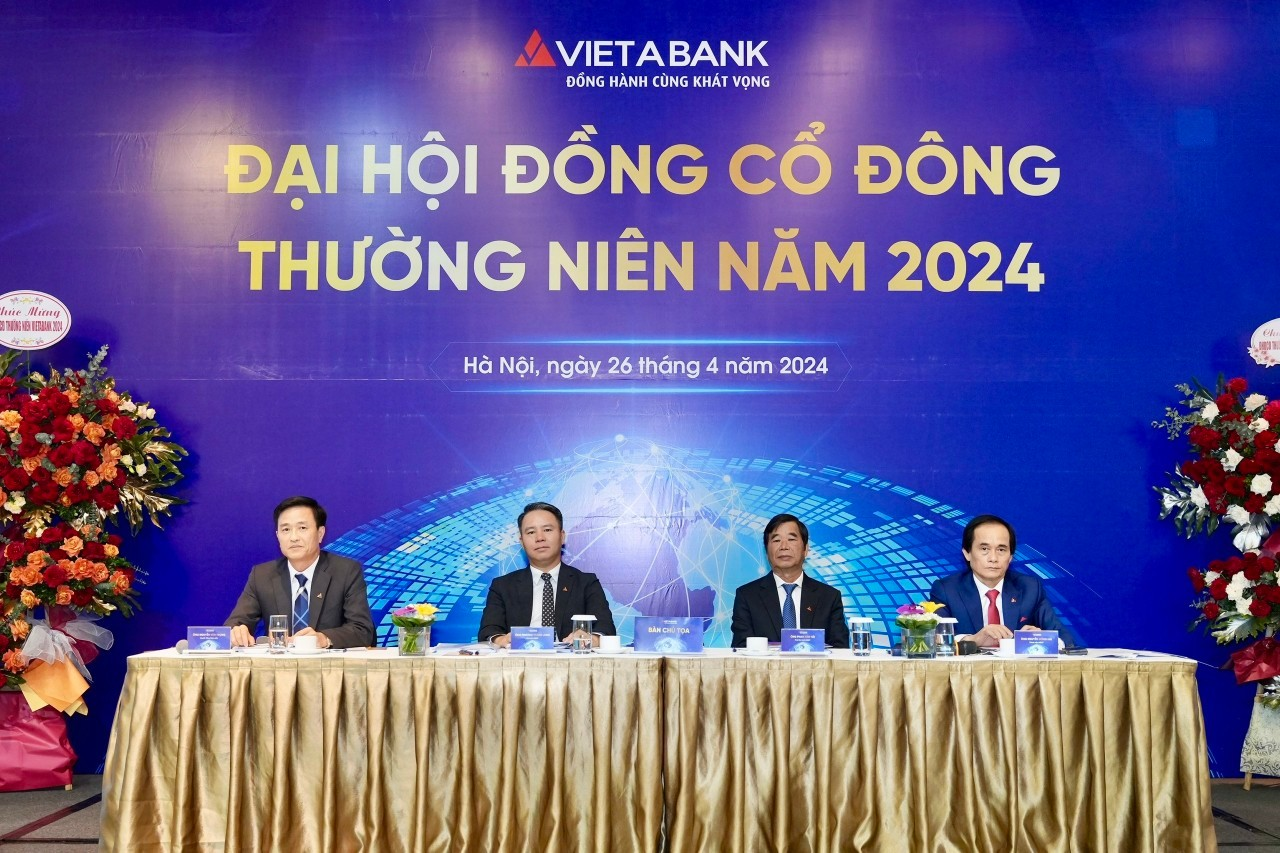At the 2024 Indonesia International Motor Show (IIMS), a range of new electric car models have been introduced. One of them is the Hyundai Kona Electric, introduced by the South Korean brand Hyundai.
Detailed information on the specifications and prices of the Hyundai Kona Electric 2024 for the Indonesian market has not yet been announced. It is known that this is one of six new models that Hyundai plans to launch in Indonesia this year.
Speaking at the event, Mr. Fransiscus Soerjopranoto, Chief Operating Officer of Hyundai Indonesia, said: “At IIMS 2024, we introduced the all-new Kona Electric. Hyundai’s latest model in the small electric SUV segment will be more affordable.”
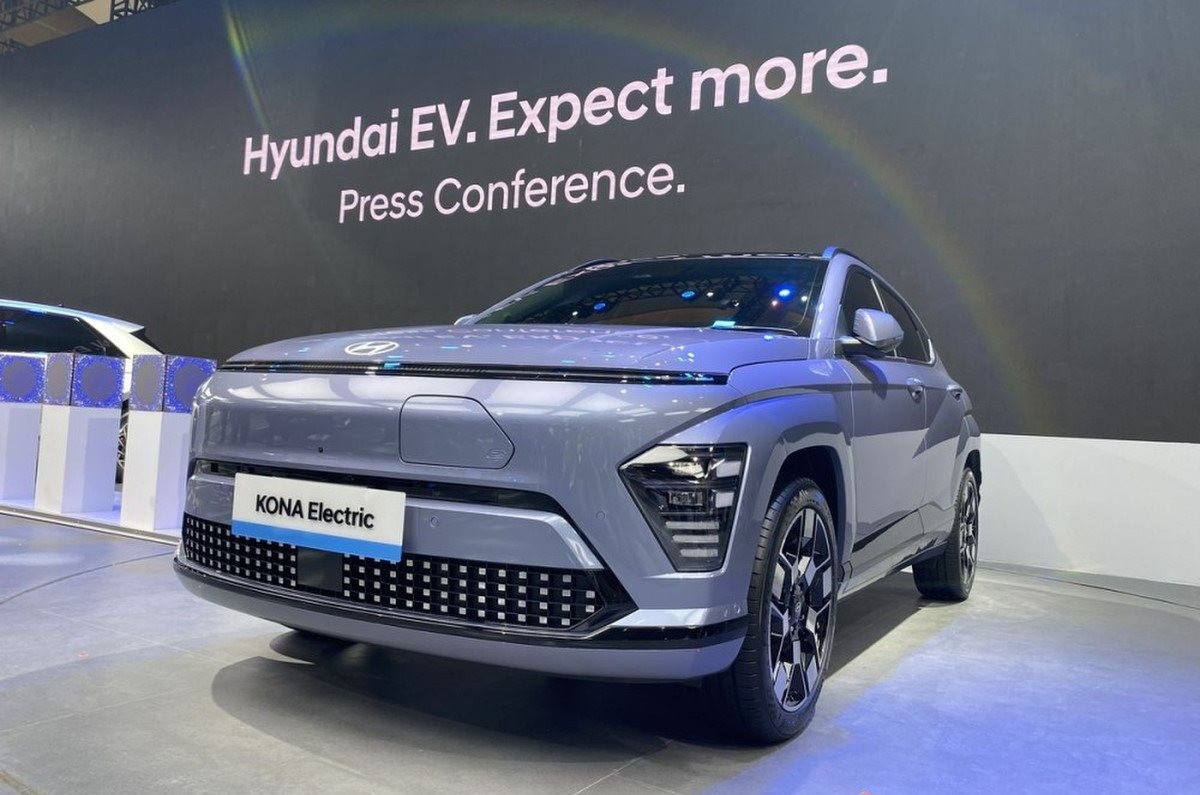
The new generation of Hyundai Kona Electric was officially launched in the South Korean market in December 2022. The dimensions of the car are as follows: length x width x height is 4,355 x 1,825 x 1,550 mm, with a wheelbase of 2,660 mm.
Hyundai Kona Electric has similar dimensions to the VinFast VF 6 (4,238 x 1,820 x 1,594 mm), but with a shorter wheelbase by 70 mm.
Compared to the gasoline and hybrid versions of the new generation Hyundai Kona, this electric SUV stands out with unique exterior details such as a closed grille, integrated charging port, front and rear bumpers, and 17-inch alloy wheels. In addition, the car also features two LED light strips designed like pixels, extending from the front to the rear of the car.
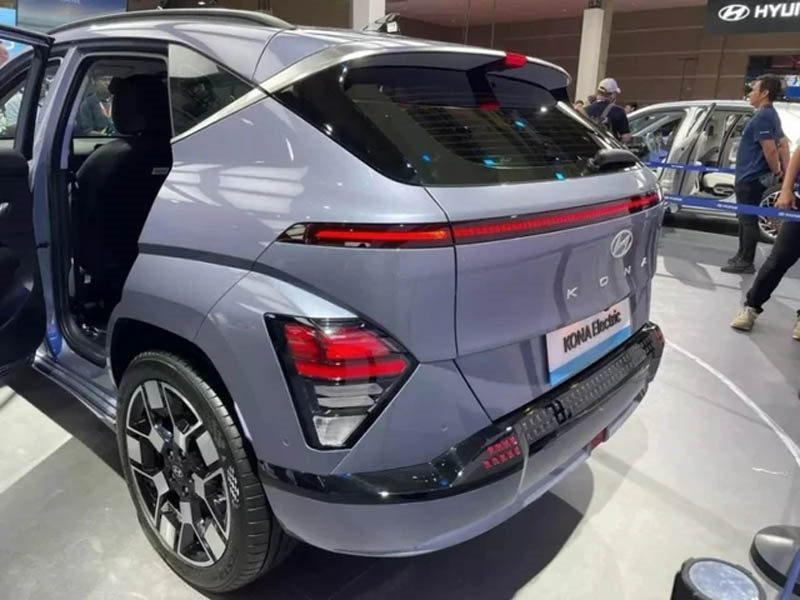
Inside, the 2024 Hyundai Kona Electric features a perfectly combined curved display of a digital instrument cluster and a central touch screen, each with a size of 12.3 inches. The car is equipped with a modern electronic transmission lever placed behind the steering wheel, along with an eye-catching mode selector knob on the center console.
In addition, the 2024 Hyundai Kona Electric also features the latest generation of ccNC infotainment system, providing superior features for electric vehicles such as optimizing the interior ambient lighting, heating/cooling the battery, energy-saving air conditioning, and route planning for the car.
In addition, the car is equipped with a 12-inch HUD screen, Bose audio system, software updates via WiFi, automatic toll payment, integrated charging port with light, and effective anti-freezing capability at -30°C, ensuring maximum convenience and comfort for users.
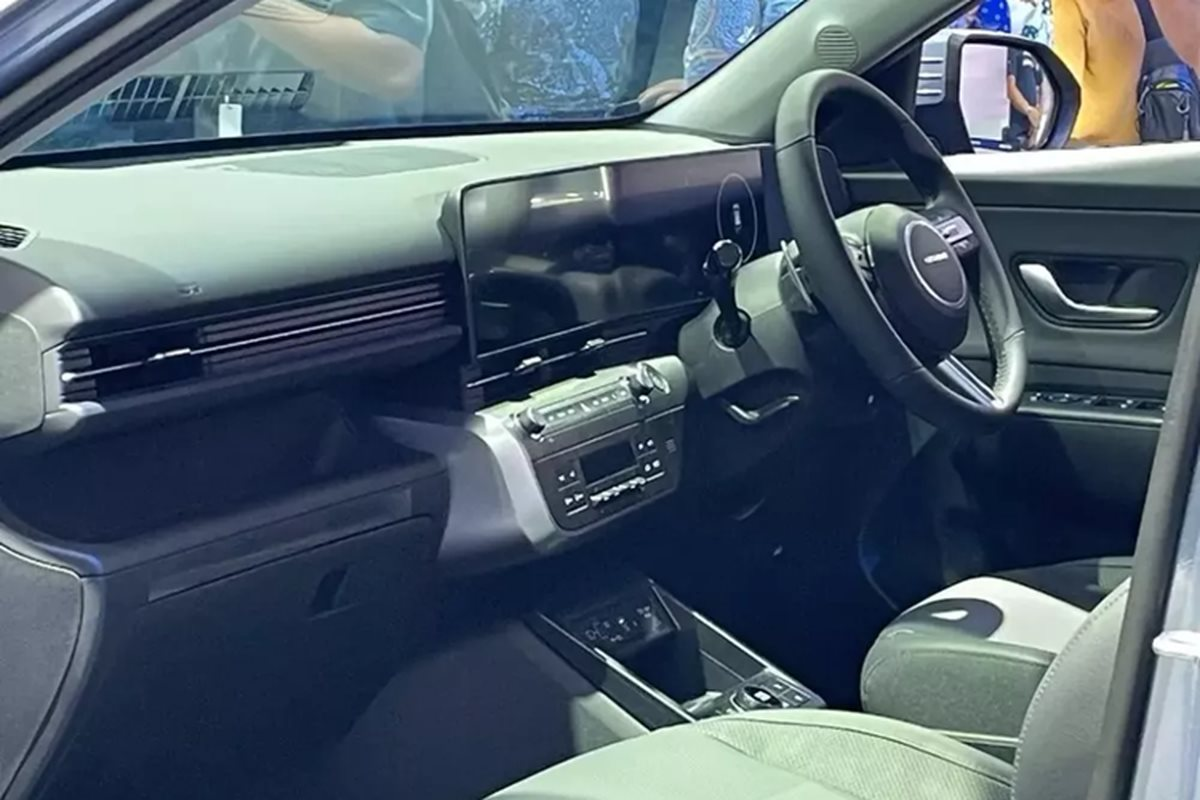
The most prominent feature of the Hyundai Kona Electric compared to other versions in the new Kona lineup is its motor. The car is equipped with a powerful electric motor producing up to 204 horsepower along with a 64.8 kWh capacity battery pack, allowing the car to travel about 410 km after each full charge.
Although not as powerful as the Ioniq 5 and Ioniq 6, the Kona Electric can charge from 10% to 80% in 41 minutes with the fast charging system. The Kona Electric also features the ability to supply power to other devices, with the output power depending on the market it is sold in, including 3.13 kVA (in Europe), 1.63 kVA (in North America), and 3 kVA (in South Korea).
Notable features of the Kona include 2-touch digital lock – using NFC communication on smartphones or smartwatches to unlock the car, and a one-pedal driving mode (i-Pedal).
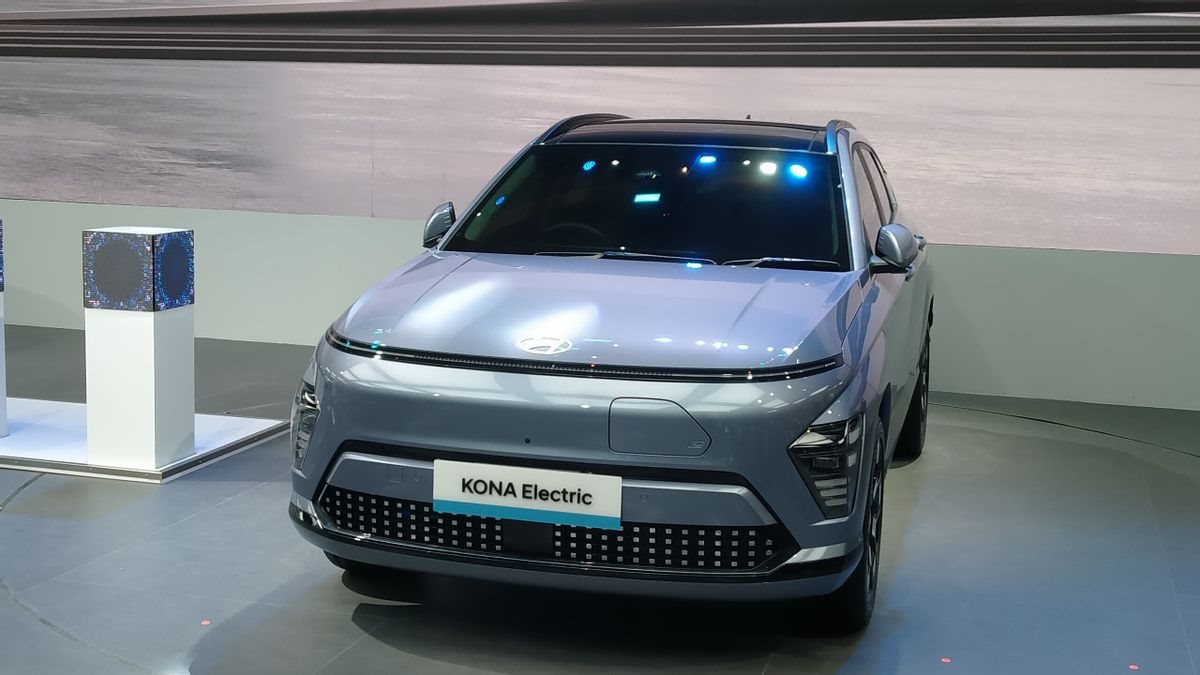
Hyundai also equips the car with a range of advanced driving assistance systems in the SmartSense package, including forward collision avoidance assist (FCA), blind-spot monitoring (BVM), remote smart parking assist (RSPA), driver state monitoring (DSM), rear collision avoidance assist (BCA), intelligent speed limit assist (ISLA), driver attention warning (DAW), headlamp assist (HBA), collision-avoidance assist while parking (PCA), surround view monitoring (SVM), and rear-cross collision-avoidance assist (RCCA).
Previously, Hyundai Mobis – the auto parts manufacturing unit of the South Korean Hyundai Corporation – started building an electric vehicle battery system factory in Indonesia, and it will be completed in the first half of 2024. This helps the Hyundai Group expand its operations in the rapidly growing EV market in Southeast Asia.





















